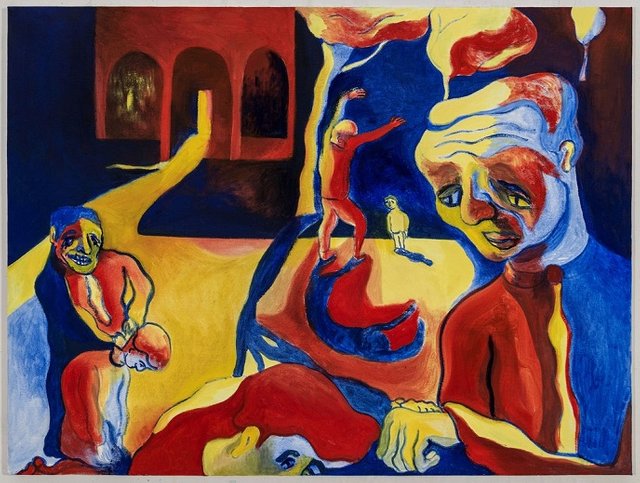The essence of morality. Identifying ethics as a science in the history of philosophy. /part 3/
Thus, morals have to show the appropriate level of attained relationship between people guaranteeing the social community and conflict resolution. It is not by accident that many authors find that morals characterize the degree of moral progress achieved because they express an overall assessment of man, a way of solving moral conflicts and recommend the desired image of the moral subject. The moral functions of reproduction often coincide with the educational suggestions of morality, with the formation of the corresponding personality, which is presented to the mass consciousness as a model, a standard for studying. Thus morals begin to have a worldly function. Thanks to them it can be said that it is a total assessment of the ability of man to act, create, create. But the worldly functions of manners are not limited to this. They are also an opportunity to reveal the qualities of a person, what is most desirable to achieve in human relationships. The elites also support the realization of human abilities as a given, as a characteristic.

Dov Talpaz, "The So Called Morality" image source
The other possible definition of morality qualifies her as a specialized social order. This order has all the normative features addressed to one subject. Most often this order is impersonal (as a requirement), but its execution implies the active intervention of the perpetrator. Obligation is inseparable from this "order" of the socio-psychic consciousness. Two circumstances need to be noted here. The first is that emphasis is placed on the obligatory nature of the order, such as "Be good all the time!", "Pay your debt if the earth is to die!" And so on. This obligation follows, like all imaginations of the social psyche, a centuries-old experience and relies on certain sanctions, above all, on the perpetrator, the executor of these orders. This comes to the main - morality is revealed as a fulfillment of a certain way of entering regardless of who the order is addressed to and who is the addressee of the norm. Thus, the "given word", the promised promise itself, becomes a value, a new social individual "force" is created, obliging and giving rise to corresponding actions and actions.
It seems as if the content of these norms, orders, promises fall into the background, and the commitment itself, the very obligation as such, regardless of content, first comes out. Here, the centuries-old experience has seen an essentially distinctive feature of morality, and it consists of obligatory (normative). Because without this obligation and without normality we can not talk about moral attitudes, moral feelings, and moral consciousness at all. Thus, the ideas that have a value for the practical relations between the people that are concretized in the moral duty arise. The second thing to note is that grading morality as a specialized social order treats morality as a particular kind of social discipline, and the latter is unthinkable without a "rule of law" governing the behavior and attitude of people in the main spheres of life: labor and species the division of labor, the types of communication between people, the lifestyle and its forms, the sphere of conceptual, spiritual needs and beliefs, the controversial everyday reproduction of the way of life, the personality, its own interests and objectives. This whole set of historical and up-to-date human relationships actually implies the existence of social discipline that helps to regulate relations between people, but morality can not be reduced and is not just a social discipline. Obligation as an element of morality is its specific feature.
The world needs more posts like this
The world needs more posts like this
nice post